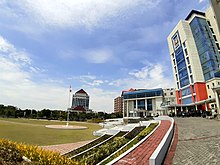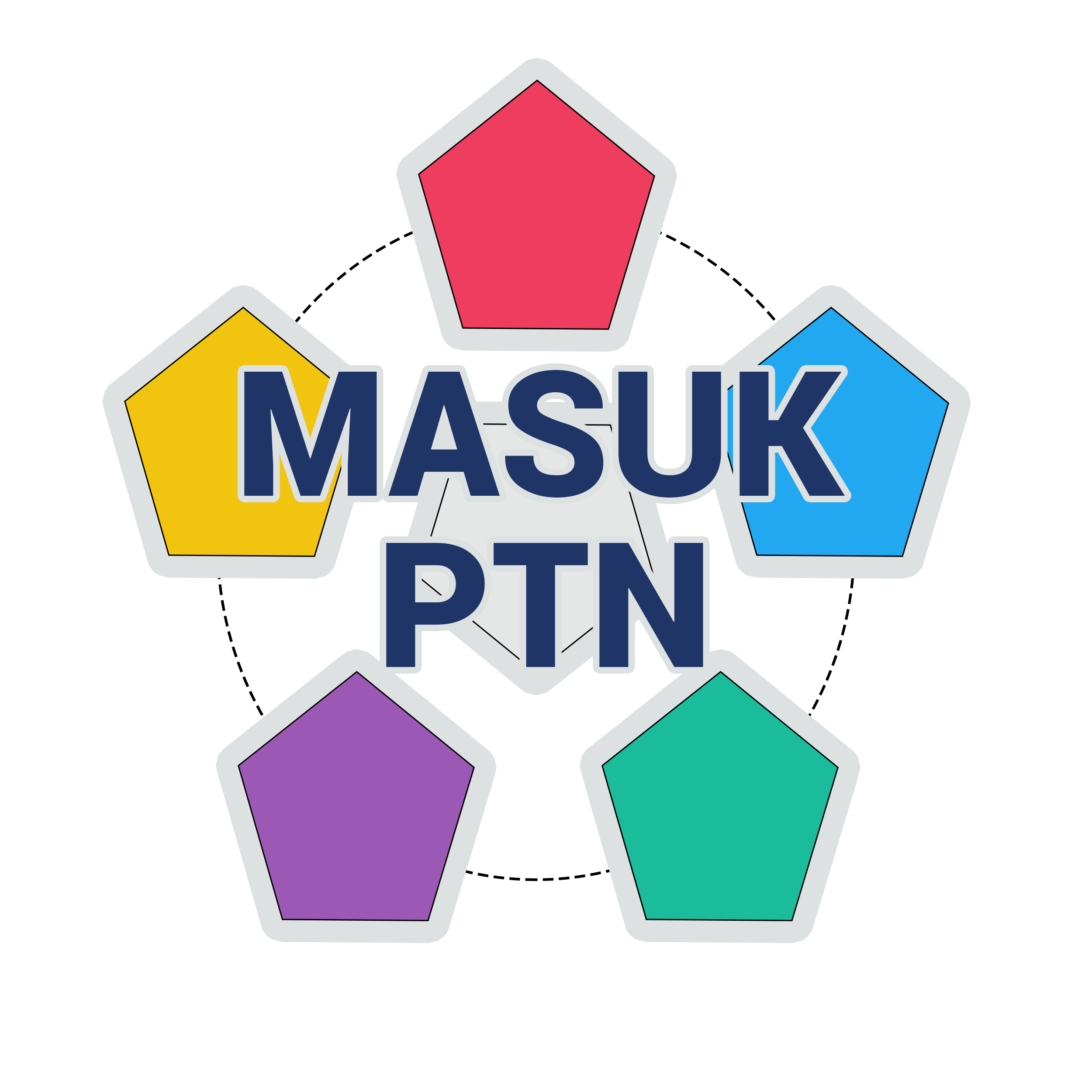SEJARAH
1 | Awarding Institution | : | Universitas Negeri Surabaya |
2 | Organizing Body | | |
| a. Faculty | : | Languages and Arts |
| b. Department | : | English |
| c. Study Program | : | English Literature |
3 | Establishment Permit Number | : | 332/DIKTI/KEP/1998 |
4 | Operational Permit Number | : | 6198/D/T/K-N/2011 |
5 | Accreditation | : | Indonesian National Accreditation Agency for Higher Education (Badan Akreditasi Nasional Perguruan Tinggi – BAN PT) |
No. | : | 4545/SK/BAN-PT/Akred/S/XI/2017 | |
Expiry Date | : | 28 November 2022 | |
| Status | : | Accredited A |
6 | Final Award | : | Sarjana Sastra (S.S) |
7 | Number of Students | : | 403 |
8 | Number of Lecturers | : | 16 |
9 | Address | : | T4 Building |
10 | Phone Number | : | - |
12 | Website | : | http://s1sing.fbs.unesa.ac.id/ |
13 | Association | : | ESAI (English Studies Association in Indonesia) |
| Membership no. | | 20151032 |
LAB
- LAB KOMPUTER
PROGRAM STUDI
VISION
By the end of 2030, the English Literature Study Program will have achieved excellence in running language and literature-based education that is supported by English as a Foreign Language-based literacy and vocation to produceprofessional graduates who are adept to global changes.
MISSION
- Carrying out language and literature-based education as supported by EFL literacy through teaching-learning processes that strive for quality and virtues of honesty, autonomy, creativity, critical thinking, and academic integrity in order to produce graduates who are capable of utilizing and applying their knowledge of language and literature in their professions;
- Carrying out research in English language and literature in order to develop a conducive academic atmosphere and learning processes that strive for quality;
- Carrying out community services to enhance the study program’s existence and contribution in the society;
- Establishing cooperation with government bodies and private enterprises to embrace global competition;
- Carrying out a study program management in an effective, efficient, transparent, and accountable manner.
NO |
|
|
|
|
|
|
|
|
|
|
|
|
|
|
|
|
|
|
|
|
|
|
|

 MASUK PTN
MASUK PTN